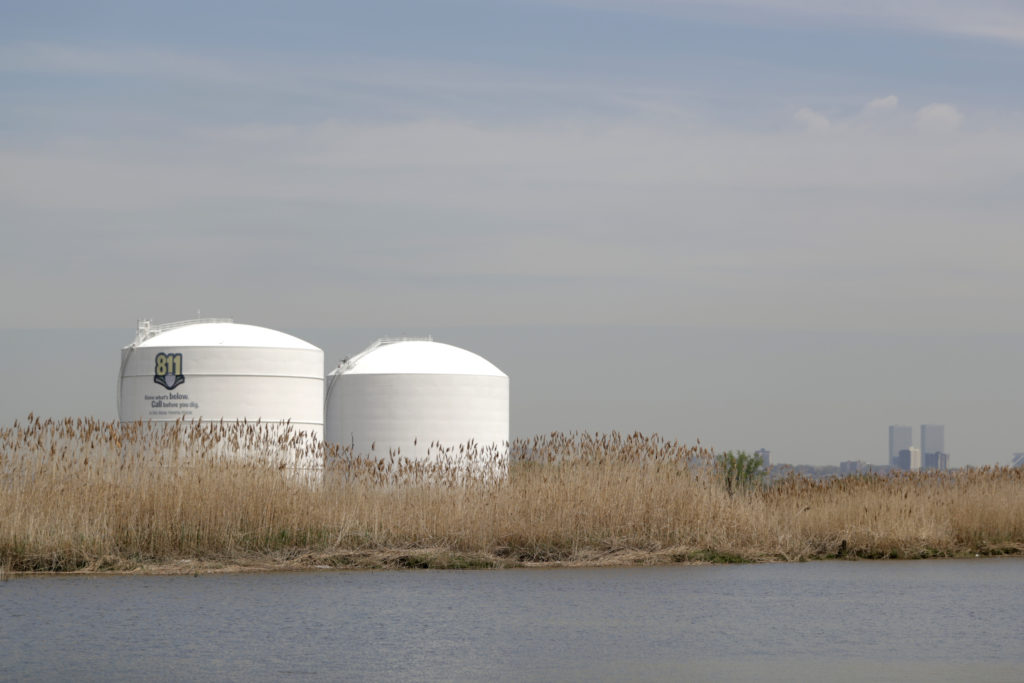National Grid’s gas moratorium: Everything you need to know

A standoff between a gas company and state government has caused a moratorium on new gas hookups in Brooklyn.
On one side: National Grid — which provides gas to 1.8 million customers in Brooklyn, Queens, Staten Island and Long Island — wants a new pipeline that would increase gas supply in downstate New York.
On the other side: State politicians, who have twice denied approval for the pipeline over environmental concerns.

Brooklyn Boro
View MoreNew York City’s most populous borough, Brooklyn, is home to nearly 2.6 million residents. If Brooklyn were an independent city it would be the fourth largest city in the United States. While Brooklyn has become the epitome of ‘cool and hip’ in recent years, for those that were born here, raised families here and improved communities over the years, Brooklyn has never been ‘uncool’.